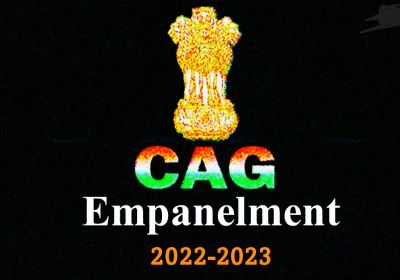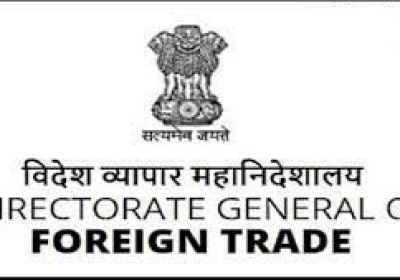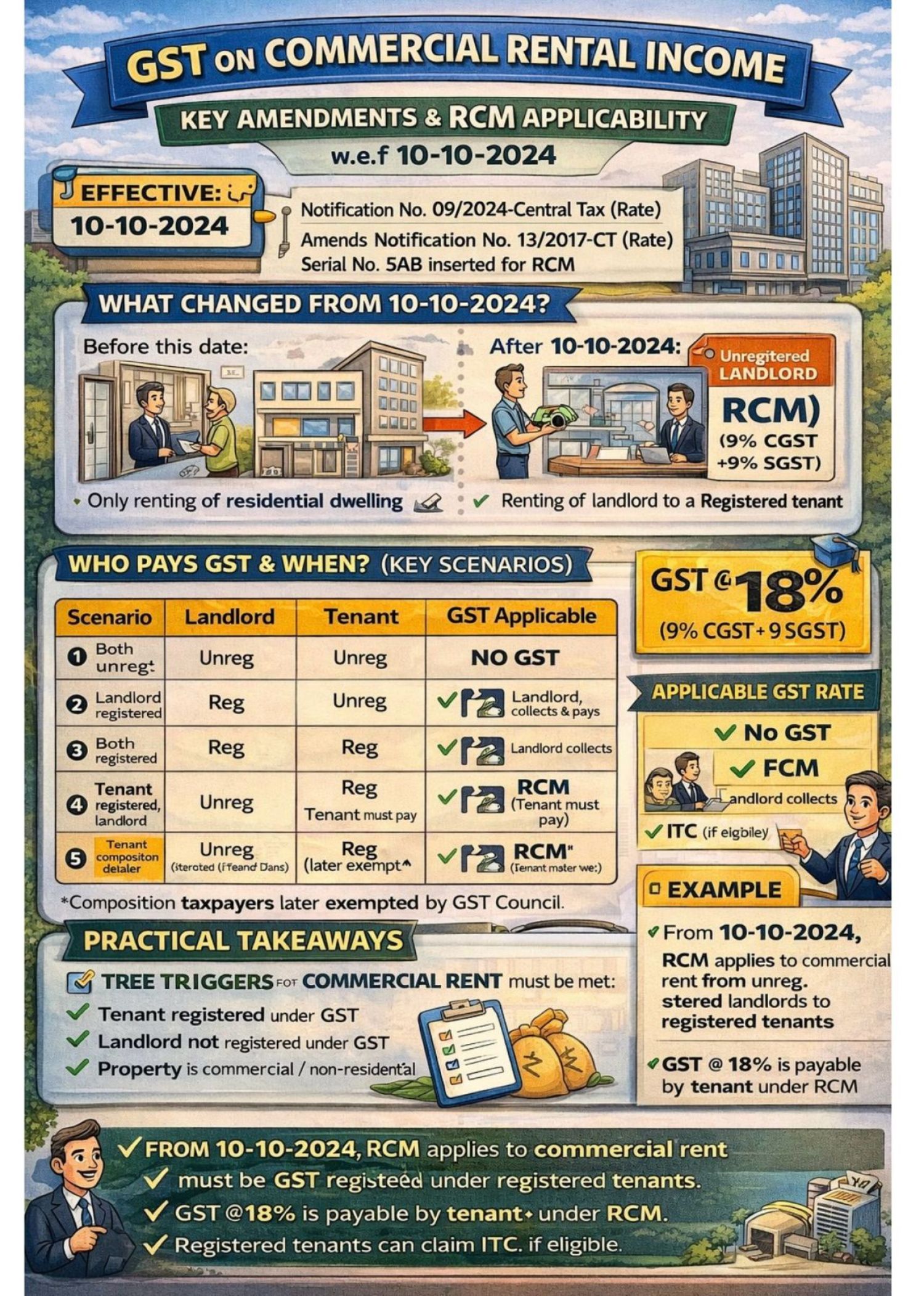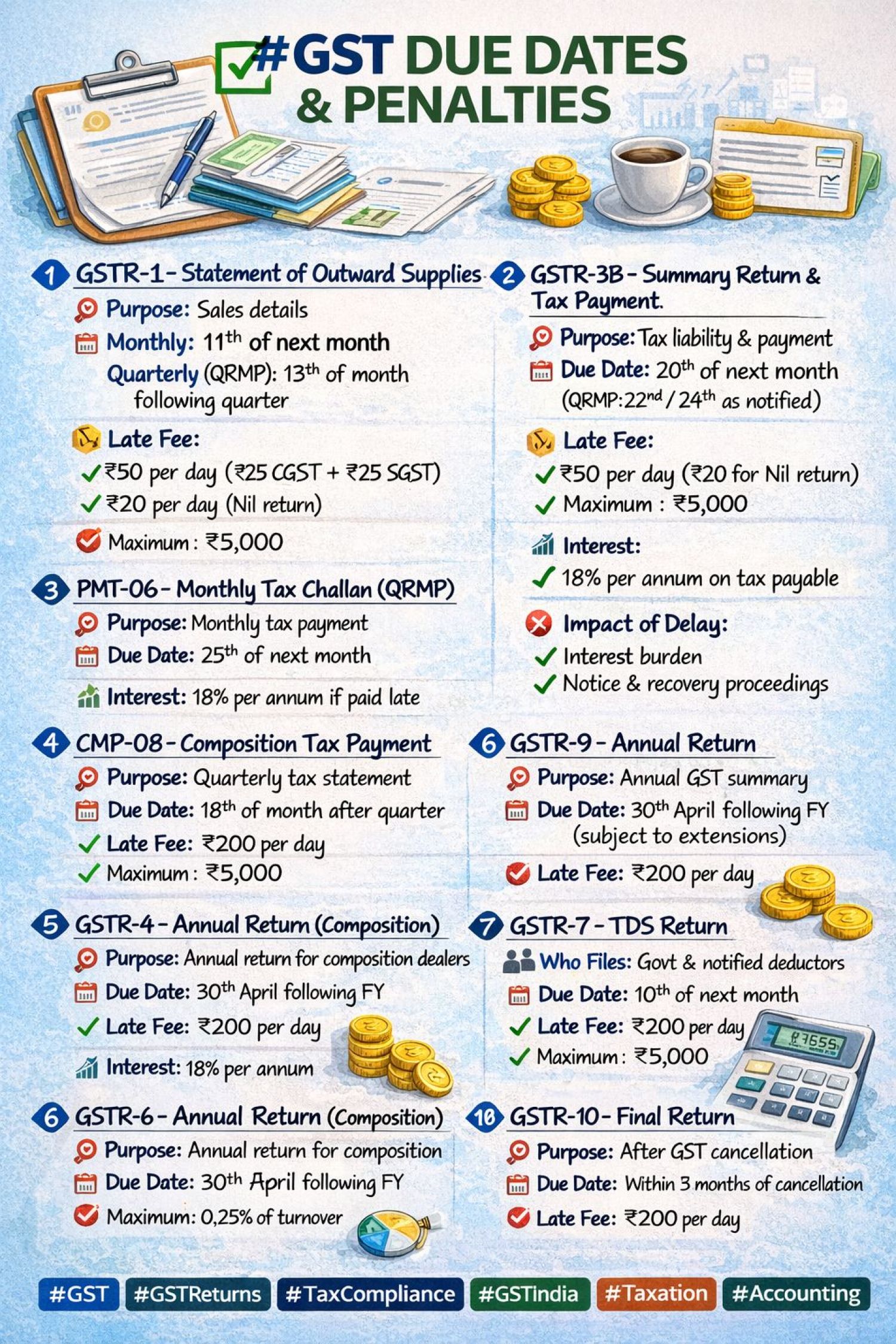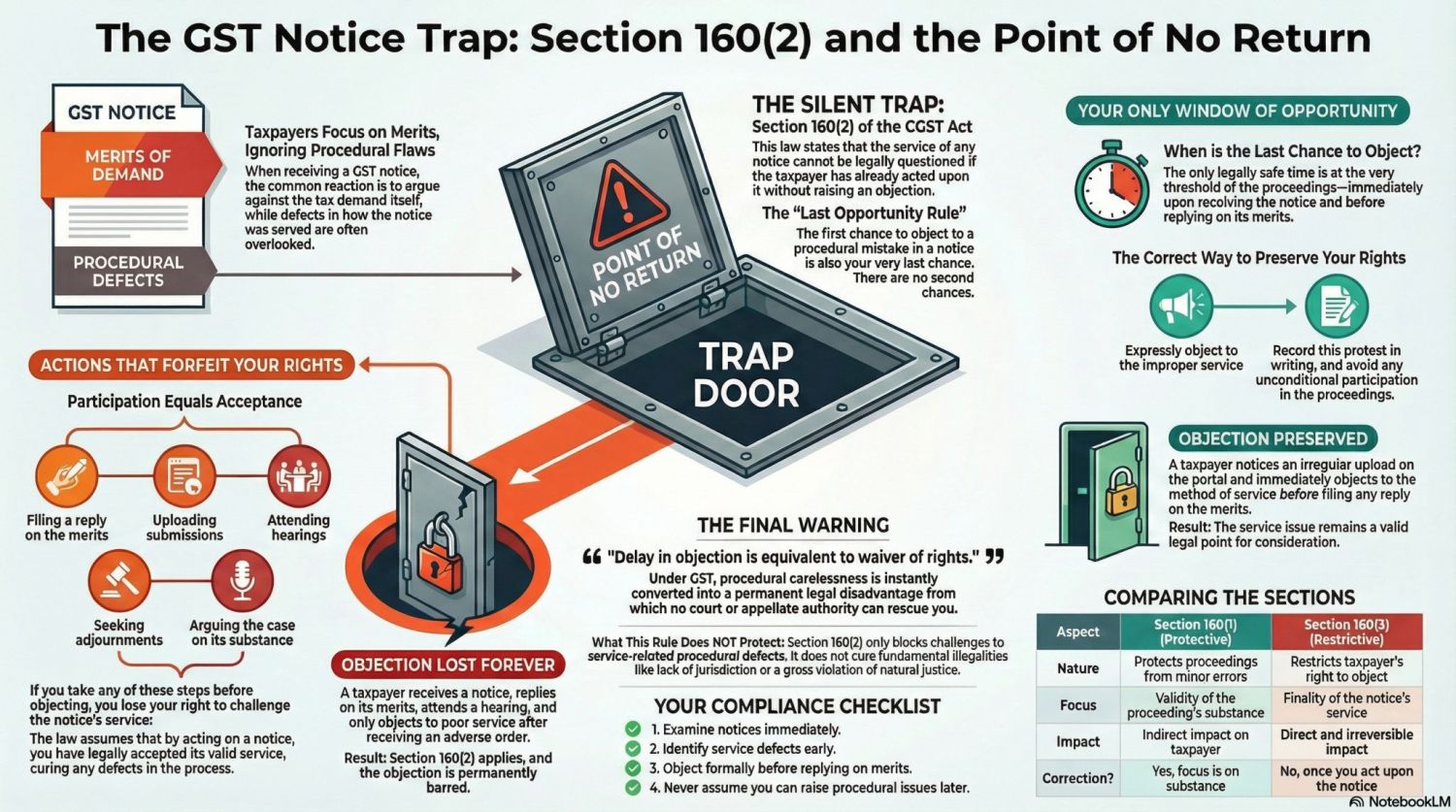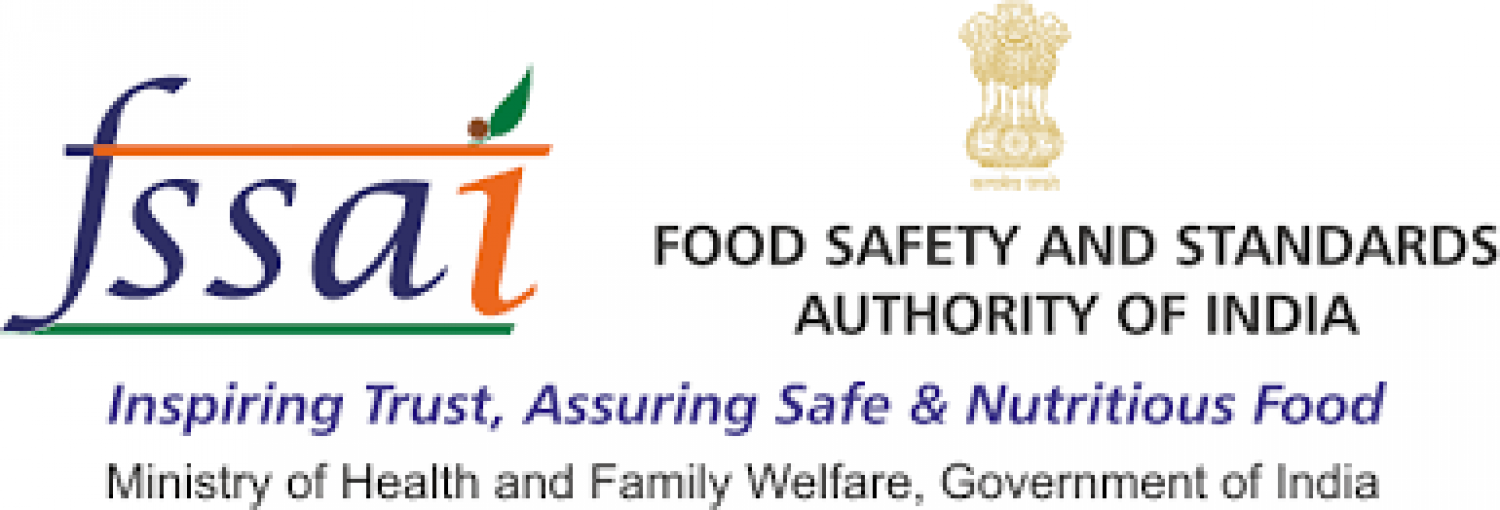
Food Law Relaxations/Extensions for Covid-19-Affected Food Industries
The Food Processing Industry (FPI) is extremely important because it develops crucial linkages and synergies between agriculture and industry, which are the two foundations of the economy. After China, India produces the second-largest amount of fruits and vegetables in the world, yet just 2% of the supply is processed. The food industry/sector in India is among the most valuable industries in terms of growth and employment, with immense potential for boosting the economy. India has the world's second-largest population and one of the world's largest and fastest-growing economies. The Food Safety and Standards Authority of India were established in 2006 by the Food Safety and Standards Act as an autonomous organization within the Ministry of Health and Family Welfare of the Indian Government. The primary objective of the FSSAI is to establish science-based standards for food articles and “regulate their manufacture, storage, distribution, sale, and import to ensure the availability of safe and wholesome food for human consumption”, headquartered in Delhi
According to corporate data, food processing firms have been profitable, but the value addition component needs to be significantly increased.
Coronavirus Disease 2019 (COVID-19) is a Pandemic virus that was first spotted in Wuhan, China, and is now spreading over the world, according to the World Health Organization (WHO).
Other Ministries have given guidelines and exemptions for corporate filings, as well as amendments to various laws, including food laws.
FBOs are being relaxed as a result of the Covid-19 pandemic.
Regulatory Compliance In exercise of powers conferred under section 16 (5) of the Food Safety and Standards (FSS) Act 2006, the Division of Food Safety and Standards Authority of India (FSSAI) has decided to facilitate FBOs and ensure ease of doing business by providing the following relaxations due to a spike in cases related to the Covid-19 Pandemic via circular No. 15 (6)2020/FLRS/RCD/FSSAI dated:
Note: The following relaxations will end on June 30, 2021, regardless of the condition of lockdown, curfew, or containment at any site.
|
Sl. No |
Relaxations |
Impact of Relaxations |
|
1 |
Permission to temporarily operate food business (other than Manufacturers) on the basis of 17-digits Application reference number: |
|
|
2. |
In the case of Manufacturers, they are allowed to operate their food businesses with higher capacity, on the basis of an application for modification of License:
|
|
|
3. |
Limited Inspections and re-inspections allowed: |
|
|
4. |
Extension for the timeline for submission of online Annual Returns through FoSCoS |
|
|
5. |
Waiver of late fee for renewing the license: |
|
|
6. |
Extension of tenure of Hygiene Rating Audit Agencies recognized by FSSAI for verification of Hygiene Rating of Food Establishments- |
Notification Link: Click Here
|
Non-compliance's Consequences
Any registered or licensed person under the FSSAI must follow the rules and regulations outlined in the FSS Act of 2006. A food safety officer inspects the food business operator's facility and uses a checklist to determine the level of compliance with the regulation. The food safety officer assigns a mark based on the level of compliance are as follows:
- Compliance (C)
- Non-compliance (NC)
- Partial compliance (PC)
- Not applicable/Not observed (NA)
According to Section 32 of the FSS Act, 2006, the food safety officer may issue an improvement notice if required. If the business operator fails to comply with the improvement notice, the officer may suspend or revoke the licence after giving the licensee an opportunity to show cause. Any food business owner who has been harmed by an improvement notice has the right to file a complaint with the State Commissioner of Food Safety. An appeal to the Food Safety Appellate Tribunal/High Court can be made against the decision.
Penalty for Non- Compliance
Penalty for various types of non-compliance are given as below:
|
Sl. No |
Particulars |
Fine |
|
1 |
Food quality not in compliance with the act |
2 Lakh Petty manufacturer – 25,000/- |
|
2 |
Sub-standard food |
5 Lakh |
|
3 |
Misbranded Food |
3 Lakh |
|
4 |
Misleading advertisement or false description |
10 Lakh |
|
5 |
Extraneous matter in food |
1 Lakh |
|
6 |
Failure to comply with Food safety officer direction |
2 Lakh |
|
7 |
Unhygienic processing or manufacture |
1 Lakh |







